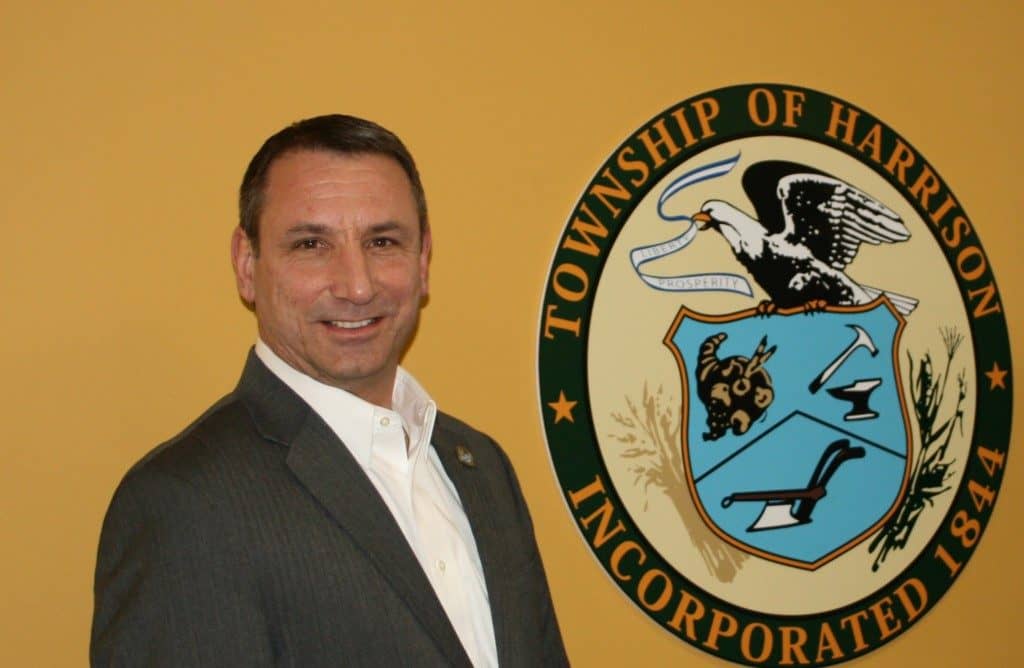
Part 5 of 5: Summary
The following comes from Harrison Township Mayor Louis Manzo:
In this issue, I wrap up this five-part series on “Understanding Property Taxes” by summarizing my previous four articles. You can view all five on www.HarrisonTwp.us under the “Twp Government” tab, and then by clicking the “Mayor’s Corner” tab.
I’ve received great feedback on this series, and, hopefully, I’ve shed some light on these topics. I gave you specific numbers and data and “layman-like” explanations that are relatable. I’ve been told the most impactful example was the breakdown of your tax payment to recognize that the local portion of the average-priced home in Harrison Township ($341,000) is only $123 a month.
Last issue’s topic also resonated with many of you as I focused on municipal debt. Some thought that we were “kicking the can down the road” on paying off our loans and a huge financial burden was hanging around our neck with a big bill to pay in the future. I hope my explanation last issue clarified that is not the case, in fact, it’s a legal impossibility. All municipal debt must be permanently financed in 20-year terms.
The question of “how much” debt is acceptable is harder to clarify, but here’s the best analogy I can make: Take South Harrison Township’s current rural landscape and population of 3,000. Imagine that their population tripled to 9,000 in the next 15–20 years.
Do you think the township would have to make significant infrastructure improvements including roads and sewer facilities, public works expansions and park system upgrades? Might they need to build a new police and fire station, or even a new municipal building? What about adding employees (and all the associated costs) to provide the required services to three-times as many people? Obviously, the answer is “yes” and the cost would be tens of millions of dollars.
To determine if a town’s debt is in line with its needs, you can’t just look at the total amount of debt in a vacuum. You should relate that amount to the local tax revenue. In our case, the portion of average-priced home’s tax bill that pays for all financed debt is $27 a month. That’s all-in and set to be paid off in 20 years or fewer.
“Our” jurisdiction aside, the overall property tax issue in the state needs to be addressed. This is an important time for that topic as the legislature is seriously looking at options to “restructure” the system, which must happen. You can view the report they are using as a basis for their discussions by searching “Path to Progress NJ” or view it at: http://pathtoprogressnj.org/wp-content/uploads/2018/08/PDF-EFPP-Report.pdf.
It’s important to understand who to pressure for these needed reforms. You wouldn’t come to myself or a local committee person to seek a change in our immigration policy or road improvements on the NJ Turnpike, right? Those are national and state jurisdictions. The same applies to your property tax bill.
We control the local portion of that bill (15 percent) and take responsibility for that. But the real reforms on this issue need to take place in Trenton and that’s where pressure must be applied.









